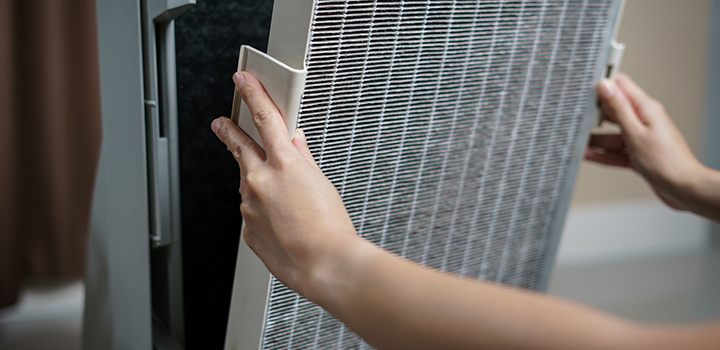UEA researcher working on COVID-19 vaccine joins WHO expert group
By: News Archive

A University of East Anglia researcher working on a new drug delivery method for a Covid-19 vaccine has joined a World Health Organization (WHO) expert advisory group tackling the pandemic.
Prof Simon Carding, from UEA’s Norwich Medical School and the Quadram Institute, has been asked to join WHO’s Covid-19 Expert Advisory Group on vaccine prioritisation.
Prof Carding and his co-researchers - Prof Mark Smales from the University of Kent and Prof James Stewart University of Liverpool - are working on a new drug delivery method for Covid-19 vaccines.
The three scientists are working on new approaches for vaccine delivery developed by Quadram Institute Bioscience (QIB) based on engineering the natural ability of resident gut bacteria to generate nanoparticle sized Outer Membrane Vesicles (OMVs).
An OMV-based COVID-19 vaccine has now also been included in the WHO landscape of Covid-19 candidate vaccines.
The advantages of an OMV-based vaccine include needle-free vaccination, easier administration (oral or nasal), rapid cost-effective production, and a stable product that can be stored for months without cold storage.
OMV-based vaccines are proven with meningococcal vaccines already in use and with excellent safety records.
The WHO’s Covid-19 Expert Advisory Groups meet monthly and convene all vaccine developers to share high-level plans and status on clinical development, identify critical research and development (R&D) gaps and help determine whether WHO can have a role in addressing those gaps.
Prof Carding, from UEA’s Norwich Medical School, said: “The WHO expert advisory group I’ve joined is reviewing data from vaccine developers in closed session for evaluation. Assuming there is sufficient transmission of COVID-19 globally, WHO will facilitate the implementation of the evaluation of the prioritized vaccines in countries with sufficient anticipated transmission.
“Being asked to work on a WHO expert advisory group is always an honour. As a researcher, it’s a reflection of the impact of your research and expertise built up over the years and, of course, it’s a privilege to be able to help the global response to COVID-19, alongside your peers, through the World Health Organization.”
Related Articles

Air cleaners don’t stop you getting sick, research shows
Air filtration systems do not reduce the risk of picking up viral infections, according to new research from the University of East Anglia.
Read more
Wearable technology orthopaedic research shortlisted for national award
A project to support patients with their hip and knee replacement recovery using wearable technology has been shortlisted for a national innovation award.
Read more
Six UEA professors named in Highly Cited Researchers 2023 list
Six UEA professors have been named in the annual Highly Cited Researchers list for 2023, which celebrates some of the most influential researchers in the world today.
Read more